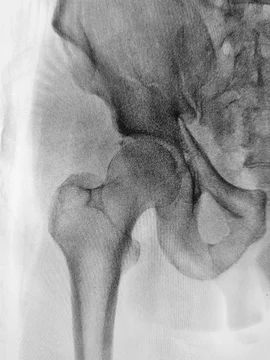Judge Andrews issued an opinion today addressing the a motion to dismiss a trademark claim. As the Court explained, to make out a trademark claim, a plaintiff must show a likelihood of confusion. To assess a likelihood of confusion, the Court applies six-factors known as the Lapp factors.
The Court found, though, that when dealing with names as similar as "Javo" and "Javy," the Court can find the allegation of a likelihood of confusion plausible without having to resort to the full test:
I find Plaintiffs allegations of likelihood of confusion to be plausible. Javo and Javy, both made-up words (which might be suggestive of java, a term often used to refer to coffee), could easily be confused. . . . Both sides are in the coffee business. There are additional pleadings that are harder to evaluate at this stage of the case. I do not think assessing the likelihood of confusion from a full-blown Lapp factors analysis is appropriate. Plaintiff does not have to prove its case in its complaint. "[T]he existence of consumer confusion is a fact-intensive analysis that does not lend itself to a motion to dismiss." Applied Underwriters, Inc. v. Lichtenegger, 913 F.3d 884, 897 (9th Cir. 2019) (citation omitted). I agree. The motion to dismiss for failure to plausibly allege likelihood of confusion is denied.
Good to know!

The opinion also touched on a term you don't hear very often in the patent world: a "shotgun pleading."
Looking at the cases the Court cites—and with help from the internet—a shotgun pleading seems to be one that recites many (possibly jumbled) facts and vague claims in the hope that something sticks:
[A] shotgun complaint shifts onto the defendant and the court the burden of identifying the plaintiff's genuine claims and determining which of those claims might have legal support.
Adger v. Carney, C.A. No. 18-2048-LPS, 2020 U.S. Dist. LEXIS 52533, at *17 (D. Del. Mar. 26, 2020).
Although the narrative text is chronologically organized, it does not set out separate claims but rather ...







